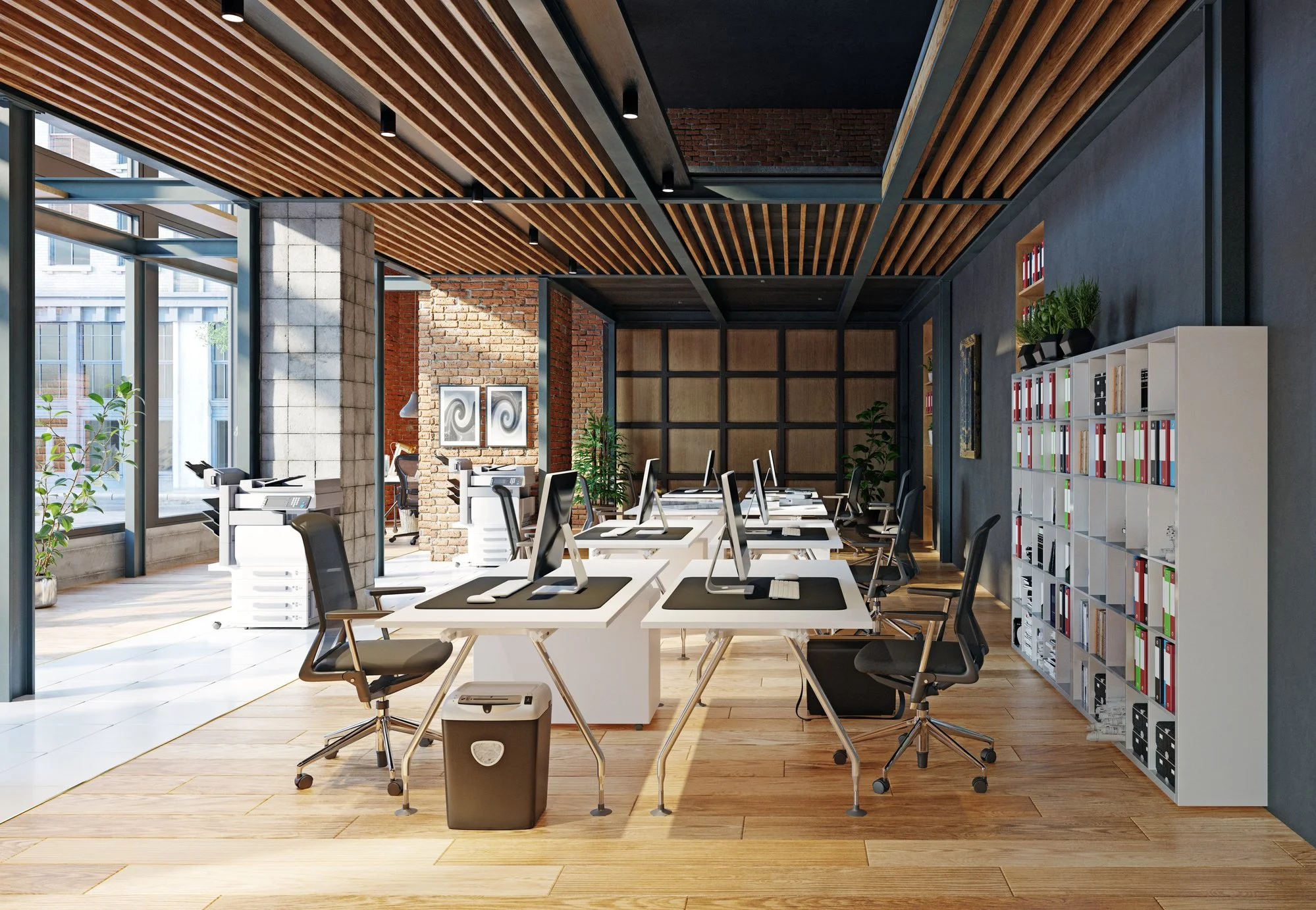A Quick Guide To Effective Workplace Design
Your workplace says a lot about your company. It can reflect the culture within your organization. For instance, a work environment that fosters easy collaboration can showcase healthy work relationships among team members.
In addition, efficient workplace design can also contribute to your company's overall productivity. It is especially true since the work environment can affect your team members' performance at work. It can also help boost employee morale and satisfaction and attract new talents to your team.
That said, this article shares a quick guide to effective workplace design.
1. Design For Flexibility
With the various changes in how businesses operate today and the implementation of different work arrangements, it becomes essential for business owners to consider flexibility when designing their workplaces.
One of the significant benefits of designing for flexibility is better optimization of your workspace. This is particularly true if your company implements hybrid working arrangements. With flexible workspaces, you can have fewer desks to accommodate employees reporting to the office. You can save up space and renting costs. In addition, flexible workspaces can promote efficient collaboration among colleagues and help create a community within your organization.
One way you can boost your workplace's flexibility includes getting rid of cubicles for each employee. While cubicles allow employees to focus better, eliminating them can inspire teamwork and encourage harmonious relationships since the workspace tends to be more open.
A flexible office space may feature collaborative coworking spaces, allowing employees to sit and work anywhere. But for a more efficient implementation of this approach, consider getting software that enables your team to view or reserve desks. You can also introduce privacy pods, which your employees can use when they need to focus or take calls or have online meetings. But besides work-related activities, your staff can turn these hubs into a relaxing space where they can refresh their minds and reduce stress.
Storage spaces are also essential to maintain a tidy and organized workspace. Businesses from America's Finest City that work with commercial movers in San Diego learn that having enough space to keep your valuable items is crucial. Having these storage options helps to keep your workspace free from clutter, promoting a more inviting and comfortable environment for everyone.
2. Determine Your Employees’ Needs
A key to designing an effective workplace is giving employees a say in their work environment. After all, they're the ones who will be using the space. You'd want them to feel valued and heard, and incorporating their needs and preferences in the planning phase can go a long way in creating a workspace that everyone will enjoy being at.
Adhering to compliance standards as well as the health and well-being of your employees should also be a priority when planning your workplace design. Adding ADA signs for womens bathroom and making sure that your office is equipped with ergonomic furniture can greatly contribute to a safe and inclusive work environment. Further, providing designated quiet areas and implementing proper ventilation and lighting can help improve employee focus and overall well-being.
To do this, consider conducting a survey asking them about what works and doesn't in the current space. You can also ask for recommendations regarding what inspires productivity and engagement in the workplace.
In addition, here are some questions you can include in your survey:
What tasks do you usually do?
How much space do you need?
Do you prefer working next to others, or would you rather work privately?
Are there ergonomic-related concerns you want to be considered?
By collecting such insights, you can better understand your employees' working preferences and pain points. This can guide you in designing a workspace that works and can best cater to their needs.
3. Create Communal Spaces
Another essential component of an effective office design is communal areas where team members can unwind and relax during breaks or between meetings. Besides giving your employees a space to breathe and destress, doing so can also help encourage social interactions and build and strengthen team spirit.
Explore incorporating communal spaces such as multipurpose workspaces, lounges, a game room, quiet pods, or an indoor or outdoor garden, to name a few. Such spaces can foster good working relationships among your team members while creating a fun and engaging space to be in, which can help boost company culture.
Additionally, pay attention to office bathrooms as well. When it comes to outfitting an office bathroom, finding the right partitions is crucial to ensuring employee privacy and comfort. Onepointpartitions.com offers a wide selection of high-quality bathroom partitions that are customizable to fit any workplace environment. By investing in quality bathroom partitions, businesses can demonstrate their commitment to employee well-being and create a more productive workplace.
4. Introduce Color-coded Zones
Workspaces are continuously evolving, and to make the space more fun and engaging for employees, you can introduce zones and use colors to define them. Instead of having muted palette for your interiors, you can add vibrant ones to boost creativity, productivity, and happiness.
For example, neutral colors like grey may work best for working zones or areas where employees need to concentrate. It conveys a serious and professional tone, which helps set the vibe for the area. But you can also incorporate blue and green accents since these colors are known to make people feel less anxious and calmer.
On the other hand, you can liven up creative zones and communal spaces using bright colors like yellow and orange. These colors can help stimulate warmth and positivity, encouraging creativity and interactions.
Key Takeaway
The workplace design in your company can influence your employees' productivity and your organization's overall culture. With an efficient and collaborative workspace, employees will likely feel motivated and engaged to do more and be productive.
You can take inspiration from this post as you design or re-design your office space and promote a good work environment that encourages growth and better collaboration among team members.












